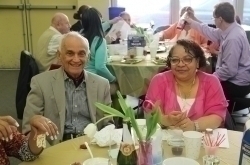Each year at Passover we celebrate the Jewish people’s deliverance from slavery and captivity in Egypt. At our Seders we retell the story of the Exodus and remember the Jewish people’s suffering. Dipping bitter herbs into salt water symbolizing tears, reminds us of the slaves’ pain; charoset signifies the mortar they used when they were forced to build the pyramids; and eating matzo connects us to their hasty departure once they were freed. These traditions allow us to acknowledge the suffering the Israelites endured, which in turn enables us to more fully celebrate their liberation.
The ceremony gives us the perfect opportunity to reflect on the larger issue of freedom. Our world is drastically different from when Moses liberated the Israelites over 3,000 years ago, however numerous forms of bondage still exist. Human slavery still afflicts our world today. We know racial and economic inequality still surrounds us. We feel distanced from plagues of frogs, hail, and boils, but we have our own modern day plagues to deal with: hunger, poverty, and gun violence.
This Passover as our thoughts turn to social justice issues, we recognize how our work helps combat discrimination, ignorance, and hate by bringing people together to celebrate diversity. Our Seders are perfect examples of how the spirit of inclusion guides our work. At the Model Seder put on by the Center for Adults Living Well, our Haggadahs were in English and Spanish to reflect our diverse population. Our Family Seder next week is co-hosted by Y Beginnings, PJ Library, and Building Bridges: The Interfaith Family Project at the Y. Building Bridges recognizes the broad spectrum of interfaith relationships, including those who celebrate Jewish traditions and those who are looking to incorporate new traditions into their practice.
In the nearly 100 years of the Y’s existence, the agency’s commitment to supporting the community, regardless of its demographic makeup, remains steadfast. Washington Heights and Inwood are now inhabited by people with richly varied backgrounds, ethnicities, languages, and faiths. This year we celebrate this as we look at the variety of joyous faces coming together around our Seder table.
As we open our door to invite Elijah in, we also invite our diverse community. Please do join us for our Family Model Seder on Wednesday, April 20th at 6pm. The event is free, but RSVP is required by April 18th.


